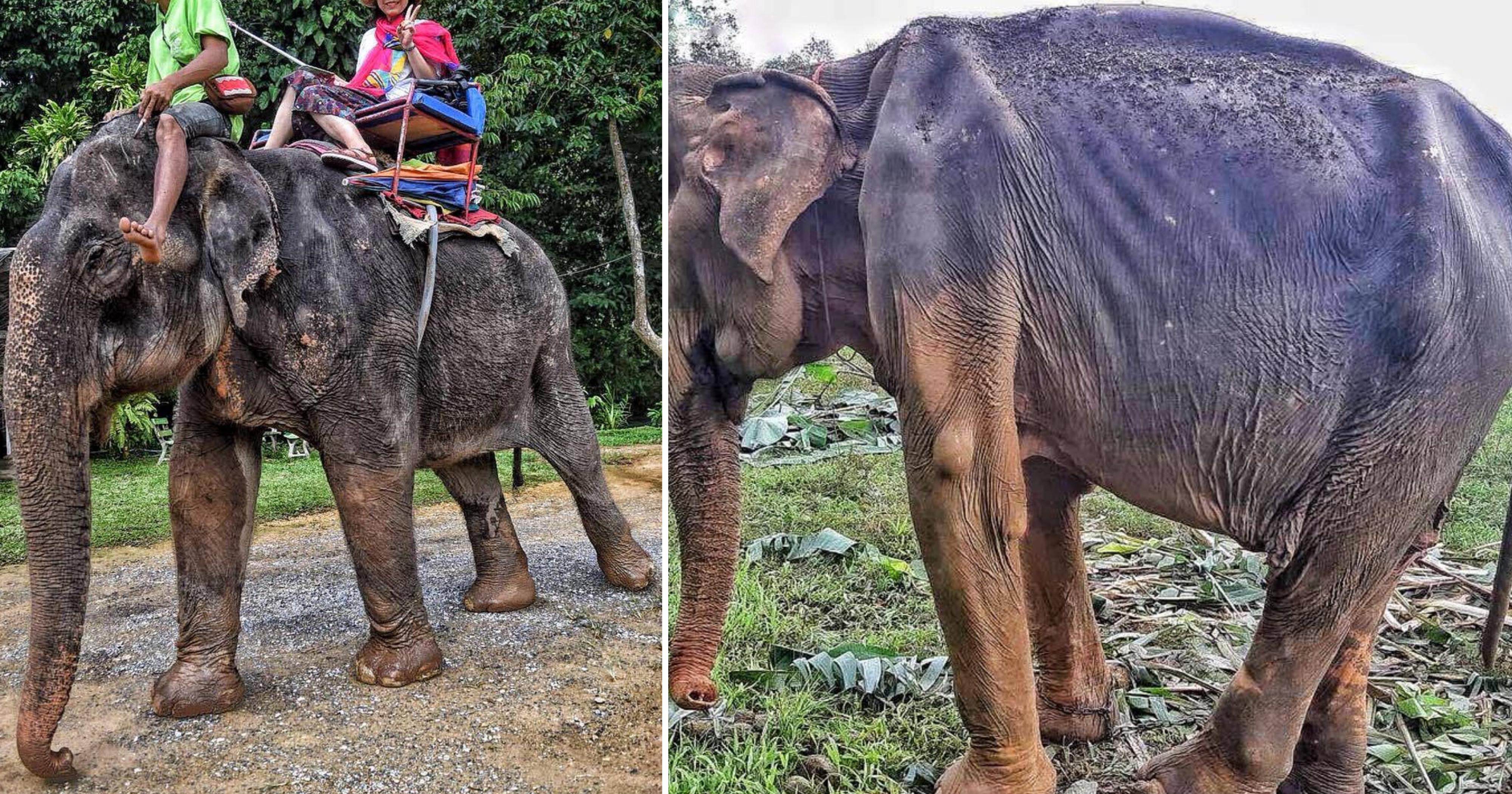Plenty of Facebook posts have been penned about animals abused and exploited in the tourist trade -- dolphins, tigers, elephants, and donkeys, just to name a few.
And that has only encouraged more people to speak out against the abuse.
Lek Chailert, the founder of the Save Elephant Foundation and Elephant Nature Park in Chiang Mai, Thailand, penned a powerful and gut-wrenching letter on Oct. 10 to deal a blow to our collective conscience.
She wrote about the desperate reality of the elephants' lives, many of whom are lame, blind, old, and sick, and remain so in the tourist industry until death, as well as her own mission to save them.
Rescuing an old elephant
The message was sparked by the rescue of an old elephant named Phong Sri, who had been carrying riders just three days prior to her emancipation.
This was the state she was in:
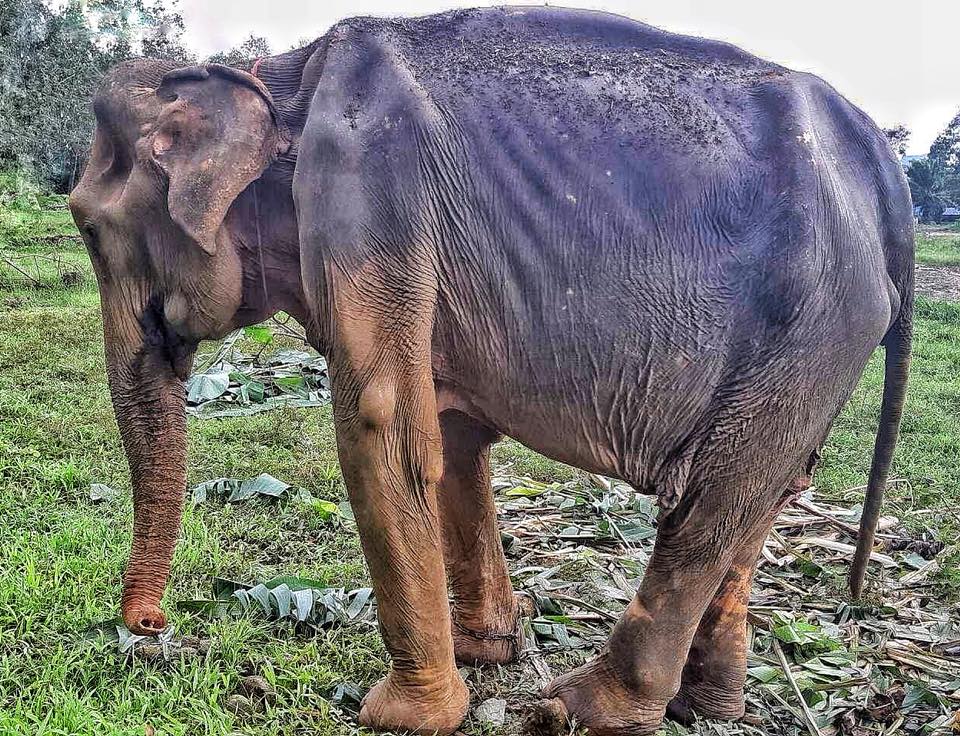
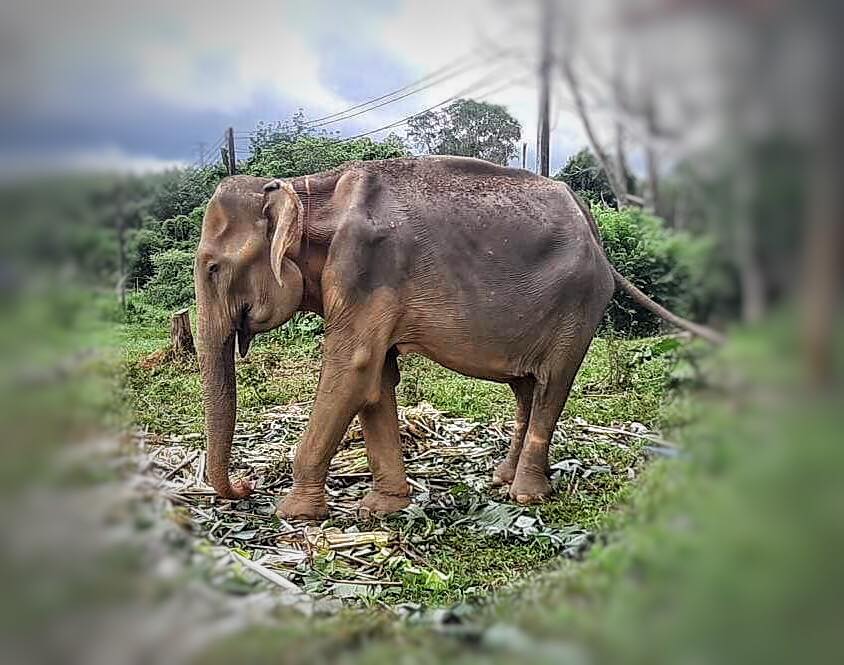
One does not need to be an elephant expert to know that she is not in good shape.
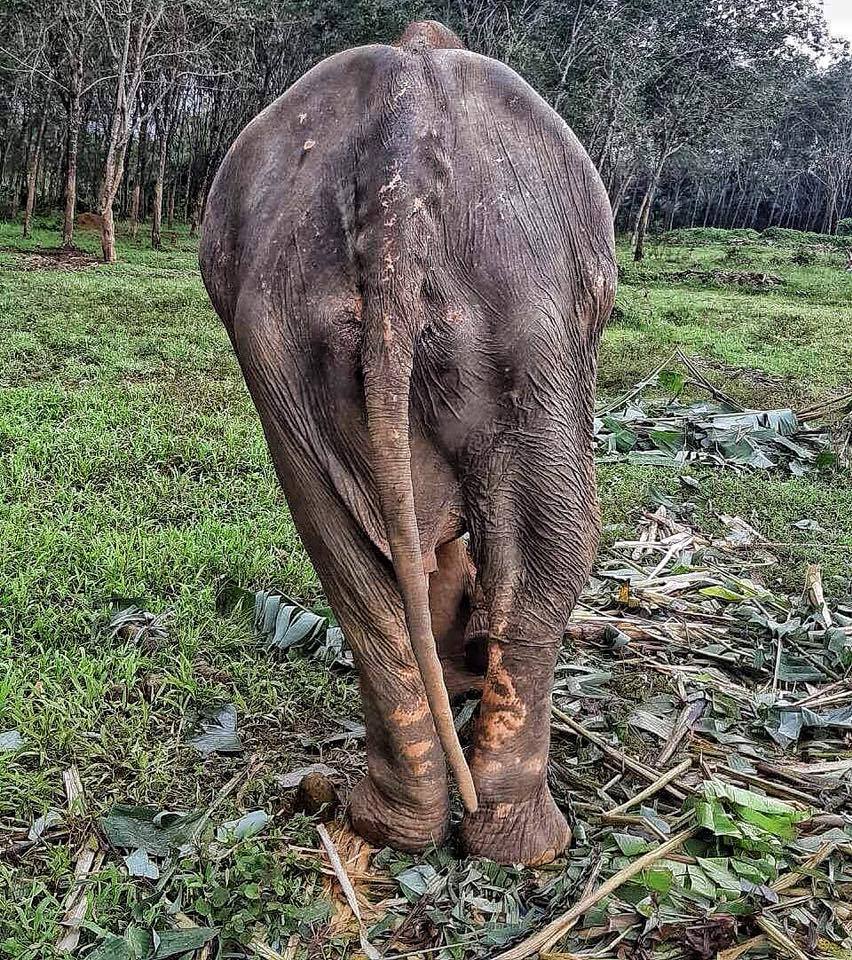
Depending on its species, an elephant's lifespan can range anywhere from 40 to more than 80 years old, in one exceptional case.
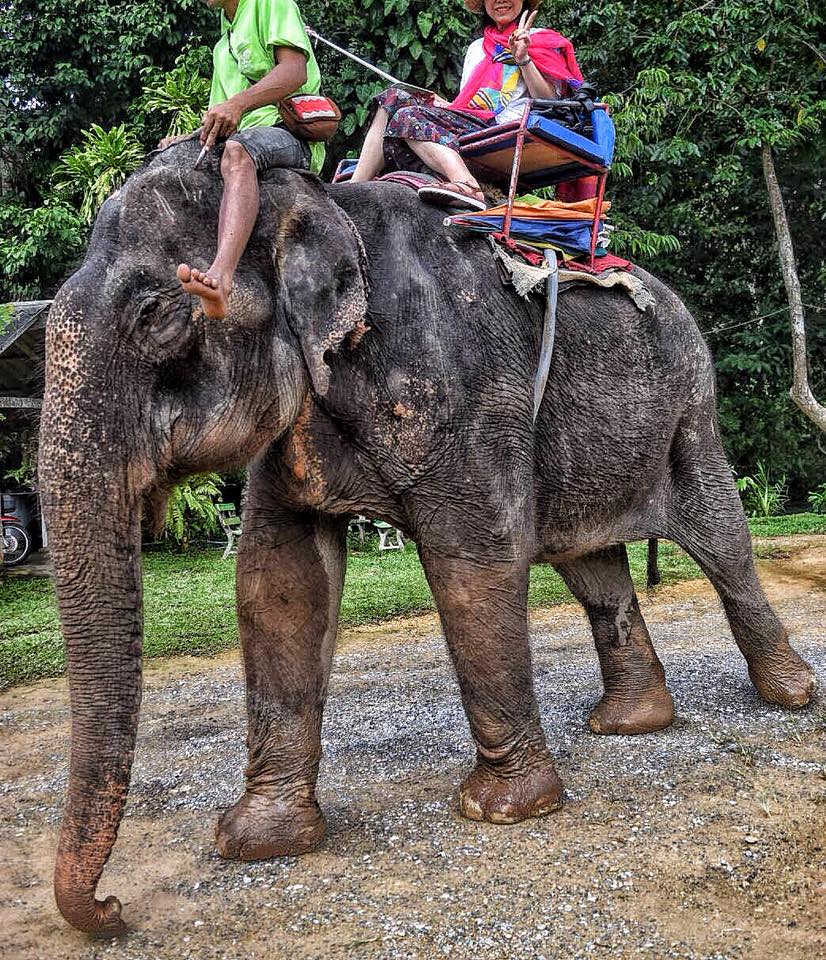
[related_story]
12-hour drive to the hospital
According to the Facebook post, Phong Sri was very weak during the rescue, and in a worse condition than they last saw her.
The team decided to take her to the hospital, a 12-hour drive away.
Phong Sri's ride was cushioned with non-slip floors and padded buffer rails, and their vet provided fluid therapy and vitamin supplements.
One good thing, however, is that the elephant is eating.
The team has promised to do their best for her.

"We rescue in order to honour them"
According to Lek, many have asked why she bothers to rescue such old elephants, knowing that they will meet their death soon.
The answer, she wrote, is "quite simple".
To protect the old, the sick, the blind, the lame, is both a commission and a high calling to Lek, regardless of species.
"We rescue in order to honour them, to offer a moment of Respect in a tragic life. They are too old to carry on.
We provide a chance to live with a measure of freedom and dignity in the short time they have before they leave us for good. We want them to have some happiness, to know rest and a gentle hand, and if time allows, to encounter their own kind with deep meaning.
They should not die during work, or shackled, or with torment and abuse hovering above their head."
The act of rescuing, Lek believes, protects and strengthens our own hearts, and in doing so, preserves the fragile humanity within us.
Nonetheless, she acknowledges that the rescue of a solitary animal will not change the bigger picture regarding the trade and the elephants' survival.
That can only await our becoming a "responsible and self-aware species, who regards duty and the care of others as paramount to our own survival".
You can read her full message here:
One does not have to look too hard to find an elephant in need of rest and better care. We continuously receive messages from people, both foreign and domestic, deeply concerned about the well-being of this elephant or that one. The images speak for themselves.It is hard to turn one's face from their desperate reality. There are so many old, lame, blind, and sick elephants who remain in the tourist service until death.
That is one reason why more than seventy per cent of our elephants can be described as such, and in recovery. And, while not always, there is most often distinct recovery.
Many ask, why do you rescue the old elephant? Being concerned about criticism should the elephant not survive.
The answer is quite simple. It is not about us, but about respect for others. To protect the old, the sick, the blind, the lame, the weak is both a commission and a high calling, regardless of species. By doing so, we also protect and strengthen our own hearts. The act of rescuing in many ways rescues ourselves, to preserve a fragile humanity.
To see these elephants work hard for more than seven decades, chained to the human yoke, a natural life remote -- a tear-stained memory -- and then to be falling down finally, disconnected from kinship, whose bones will not be remembered. This is a travesty in need of redress. All captive elephants are allotted this same fate, and the Wild pass before our eyes in the fury of greed and violence.
We rescue in order to honour them, to offer a moment of Respect in a tragic life. They are too old to carry on. We provide a chance to live with a measure of freedom and dignity in the short time they have before they leave us for good. We want them to have some happiness, to know rest and a gentle hand, and if time allows, to encounter their own kind with deep meaning. They should not die during work, or shackled, or with torment and abuse hovering above their head.
The rescue of a solitary animal does not solve the overwhelming problems of the elephant and their survival. Those answers await our becoming a responsible and self-aware species, who regards duty and the care of others as paramount to our own survival. Rescue is but a signpost bringing us back to ourselves, and it means a lot to the one who is rescued. Armchair critics can take a backseat. My hand is on the wheel, and my direction is plain, our only agenda to foster awareness of the suffering giant, to provide love and care for them as best as we are able, and to offer others to join with us in this march for their freedom.
This is the old girl that we came to rescue today. Her name is Phong Sri. The mahout (elephant rider) said that she was carrying riders just three days ago. Her condition is worse than seen last. She is very weak. We decided to take her now to the hospital. It is a twelve-hour drive to go to the hospital. Please pray for her strength during the transport. Our vet has provided fluid therapy and vitamin supplements. Her ride is supportive as always, with cushioned nonslip floor and padded buffer rails. One good thing is that she is eating. Though very weak, we will do our best for her.
Top image from Elephants Nature Park's Facebook post
If you like what you read, follow us on Facebook, Instagram, Twitter and Telegram to get the latest updates.
